2024 Year In Review
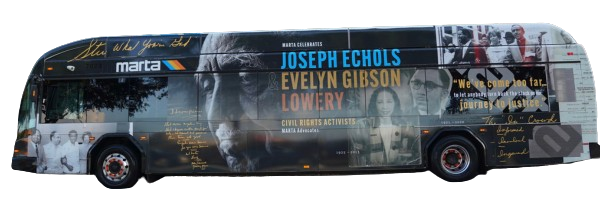
A MESSAGE from The Lowery Institute
At the Lowery Institute, leadership is not merely taught; it is nurtured, lived, and shared. It is the spark that illuminates a young mind and the steady flame that sustains and unites communities. This year, our programs embodied this light, serving as catalysts for profound transformation.
Young people were challenged to dream without limits, to embrace their potential as leaders, and to work collectively toward a vision of equity and achievement. Every story we share is a testament to the boundless power of belief and the enduring impact of investing in those who will shape our tomorrow.
Cheryl Lowery | CEO
&
The Lowery Institute Staff

CHANGE AGENT PROGRAM: Empowering Leaders, Transforming Communities
18,000 students empowered across Atlanta and beyond.
100 collegiate leaders from 11 universities collaborated across 9 Capstone Teams.
Capstone Projects: Catalysts for Change
1. Civic Engagement Capstone Team:
Fostering Lifelong Voters and Fighting Suppression
This team led an aggressive campaign to combat voter suppression and misinformation during the 2024 presidential election. Their initiatives included:
- Organizing educational events, such as presidential debate watch parties, that engaged students in discussions about voter rights and civic responsibilities.
- Hosting voter registration drives, completing 317 new voter registrations within our immediate community ensuring these individuals were informed about their rights and voting precinct.
- Launching the “Rise to the Polls” initiative, providing 280 rides to students for Early Voting and Election Day, removing transportation barriers.*
- Conducting surveys on voting preferences among college students to tailor educational efforts.
- Analyzing the impact of artificial intelligence on elections and its role in youth voter turnout.
Through these efforts, the team not only increased voter participation but laid the foundation for future civic engagement strategies by helping to create life-long voters.
*Thank you to the Spelman Social Justice Department, TheCamellia Rose Chapter of the Links, Inc., The Phi Alpha Phi Chapter of Alpha Kappa Alpha Sorority, Inc., GeorgiaAlliance and The Buckhead Cascade CityChapter of TheLinks, Incorporated. for their assistance.
2. Food Insecurity Capstone Team:
Advocating for Change and Advancing Food Security
The team tackled the ever-present issue of hunger on college campuses through targeted advocacy and legislative work:
- Developed grassroots campaigns to raise awareness about food insecurity, mobilizing students and community members.
- Worked at both the U.S. and Georgia State Capitols, lobbying for increased SNAP/EBT access for students and advocating for income requirement reforms to expand eligibility.
- Drafted an original legislative proposal that directly addresses barriers to food security for collegiate populations.
- Partnered with local and state organizations to distribute food and educate policymakers on the realities of student hunger.
Their work directly supported efforts to secure long-term policy changes that will positively impact college students nationwide.
3. Racial Justice Capstone Team:
Addressing Racial Trauma and Advocating for Change
Focusing on systemic racism and its enduring effects, the team:
- Conducted research into the impact of racial trauma on contemporary racial issues, with an emphasis on how historical injustices perpetuate inequities today.
- Laid the groundwork for a grassroots campaign to address the divisive symbol of racial oppression on Georgia’s Stone Mountain monument.
- Engaged communities in dialogue about the cultural significance of racial symbols, using these conversations to build coalitions and drive awareness.
This team’s work contributed to meaningful discussions on racial equity, creating momentum for change in the local and national landscape.
4. Criminal Justice Capstone Team:
Advancing Equity and Reintegration in Georgia
Addressing the systemic barriers faced by formerly incarcerated individuals, the team focused on reintegration and civic inclusion:
- Partnered with Restore Her to register felons to vote, completing dozens of registrations and empowering disenfranchised individuals.
- Conducted extensive research into reentry challenges, identifying barriers such as housing discrimination and employment hurdles.
- Advocated for voting rights reforms, ensuring that formerly incarcerated individuals have a voice in shaping their communities.
This team’s advocacy efforts spotlighted the need for systemic reform to create a more just and inclusive society for all.
5. Violence Capstone Team:
Addressing the Culture of Violence in the United States
As a newly established team, this group tackled the multifaceted issue of violence, examining its root causes and societal impact:
- Explored the connections between mass shootings, domestic violence, and sexually-based violence, identifying common patterns and potential interventions.
- Analyzed how international conflict and domestic policies influence cultural attitudes toward violence.
- Proposed actionable strategies for mitigating violence through education, policy reform, and community engagement.
This team’s work provides a foundation for comprehensive approaches to reducing harm and fostering safety in communities nationwide.
Spelman Students Illuminate the Legacy of Civil Rights Through Research
The Spelman Social Justice Department, led by Dr. Cynthia Spence, partnered to fund and research the first official research project of the Lowery Collection, donated to Woodruff Library by the Lowery Trust in 2001. Spelman College students Hailey Jones and Milena Clark undertook a year-long research project under the guidance of Dr. Nafessa Muhammad.
- Delved into the Lowerys’ work in challenging apartheid in South Africa, uncovering their international impact on the civil rights movement.
- Highlighted the global dimensions of the Lowerys’ activism, connecting their efforts to contemporary struggles for justice and equality. This research underscores the importance of preserving history and using it to inform current social justice initiatives.
Expanding Impact Beyond Capstones
Change Agents go beyond their Capstone work to serve their communities directly. In 2024, they:
- Led leadership workshops in Atlanta Public Schools, teaching conflict resolution, anti-bullying, and literacy skills.
- Hosted The Change podcast, amplifying diverse voices and fostering dialogue on pressing social issues.
- Coordinated Mimi’s Pantry, providing vital food resources to students and the surrounding Westside Atlanta community.
- Represented the Lowery Institute alongside the CEO on television and at city-wide cultural events.
Grounded in History, Soaring Towards the Future
On October 6, 2024, the Lowery Institute hosted its annual fundraiser at the Ray Charles Performing Arts Center. This bi-annual event was the culmination of a year-long fundraising campaign that raised over $300,000 in funds to support our future programming but also featured an impactful conversation with Congresswoman Maxine Waters and political analysts Tharon Johnson and Alisha Thomas Searcy from The Georgia Gang, a weekly political talk show. We are grateful to MARTA for presenting the Lowery bus as a part of its Black History tribute.
Event Highlights
- Fundraising Success: The one-year fundraising campaign garnered significant support, ensuring the continuation and expansion of the Lowery Institute’s impactful programs.
- Inspiring Dialogue: A thought-provoking discussion with Congresswoman Maxine Waters and esteemed political analysts provided deep insights into current political landscapes and the importance of civic engagement.
- Community Engagement: Attendees connected with leaders, activists, and community members, strengthening the network committed to social justice and positive change.
Why It Matters
This fundraiser was more than just an event—it was a reaffirmation of our mission and the collective commitment to social justice. By uniting influential voices and passionate supporters, we amplified the legacy of Dr. Joseph and Evelyn Lowery. The funds raised directly impact our initiatives, enabling us to continue nurturing leaders, fostering dialogue, and driving actionable change toward a more equitable future.
MIMI’S PANTRY: A Beacon of Hope
6,100 students received food.
56,285 pounds of food were distributed to students.
27,111 pounds of food reached the surrounding Westside Atlanta community.
Why It Matters
Investing in a full pantry for college students is a proactive step toward ensuring their success and well-being while addressing the broader issues of inequality and hunger in higher education.
A special thank you to the City of Atlanta who partnered with DoorDash and DoorDash Impact to provide Mimi’s Pantry with $27,500 in DoorDash Community Credits. We used $14k during the holiday while the campus was closed and will use the rest to support students during Spring Break and other times when campus is closed.
Evelyn Gibson Lowery Civil Rights Tour 2.0
The Evelyn Gibson Lowery Civil Rights Tour 2.0 immerses participants in the history and legacy of the civil rights movement. This year’s tour included visits to the Legacy Museum in Montgomery, Alabama and other historic sites central to the fight for justice.”
2024 Highlights:
- Engaged two trips to Montgomery with senior adults and college students.
- Partnered with Spelman Social Justice Department to engage student leaders.
- Fostered reflection and dialogue during a shared meal, where participants processed their experience and recounted personal experiences with racism and reconnected with calls to action.
- Call to action to ignite and renew a sense of purpose and responsibility to work for justice.
IMMERSIVE LEARNING PROGRAM:
Transforming Middle School and High School Leadership and Literacy
Sponsored by the City of Atlanta
The Immersive Learning Program equips middle and high school students with essential leadership and academic skills while addressing literacy, math, and other foundational challenges. By integrating Social Emotional Learning (SEL) into the academic framework, the program creates a holistic approach to student development.
2024 Highlights
- Students participated in the Collegiate Leadership Experience, planting seeds of growth and change.
- Weekly sessions introduced transformative concepts, including:
- Self-Awareness
- Conflict Resolution and Non-Violent Advocacy
- Public Speaking
- Stewardship / Community Building
- Diversity and Inclusion
- Civic Engagement
- Students completed thirteen 45-minute sessions and engaged in two full immersion days at Clark Atlanta University and Morehouse College, experiencing collegiate life firsthand.
- Math and English Language Arts tutoring supported academic growth, boosting both skills and confidence.
- Focused on increasing academic success for ninth-grade students, including many who matriculated from Russell.
- Reinforced that academic strength advances leadership success.
- College mentors provided individual and small group tutoring sessions.
- Academic support targeted three critical subject areas:
- English Language Arts (ELA)
- Algebra I
- U.S. Government
- Weekly 30-minute engagement sessions during the school’s intervention period reinforced academic success in key areas necessary for grade- level progression.
Program Outcomes
- 80% of middle school student participants confidently defined core leadership skills, forming a foundation for lifelong growth.
- 86% of student participants envisioned themselves thriving in a four-year college.
- 89% expressed aspirations to start businesses that uplift their communities.
- 100% completed personalized Dream Books, mapping pathways from aspiration to achievement.
- High school student participants demonstrated measurable improvements in academic performance, equipping them to transition successfully into upper grades.
Why This Matters
The Immersive Learning Program provides a lifeline for students navigating critical academic and personal transitions. Jasmine, an 8th grader, reflected, “Walking through the halls of Spelman I saw myself there. I saw my future.” These moments of clarity, courage, and connection inspire youth to dream boldly and lead with purpose.
By fostering civic engagement and teaching students that leadership and academic success are interconnected, the program prepares them to drive positive change and build stronger, more unified communities.
The Immersive Learning Program equips students with the leadership, academic, and life skills necessary to excel in high school and beyond, providing a robust foundation for their future success.
“Empowering young people to understand that leadership and academic success are deeply interconnected is essential to their growth and success. By fostering civic engagement, we teach them that true leadership is about working together for the common good, driving positive change, and building stronger, more unified communities.”
Thank you to the Camellia Rose Chapter of the Links, Inc. for supporting our 10,000 lbs of fresh food events at Russell Middle School and Washington High School. And to the Buckhead Cascade City Chapter of the Links, Incorporated for support of our Thanksgiving Food giveaway at neighboring Lindsay Street Baptist Church as well as being a major partner of Mim’s Pantry.
LOWERY INSTITUTE RISING: Change Agent Summer Camp
Building Tomorrow’s Leaders Today
2024 Highlights
- Explored critical issues such as:
- Food Insecurity/ Food Deserts as a Social Justice Issue
- Civic Engagement as a Human Right and Responsibility
- Gen Alpha: The Next Generation of Servant Leaders
- Visited landmarks like the Atlanta History Center, Georgia State Capitol, Carter Center, and the King Center.
- Engaged in workshops on nonviolent social change and the archival process, empowering campers to take action in their communities.
This transformative experience equips the next generation with the tools and vision needed to address the challenges of tomorrow. Registration for our 2025 cohort will begin in March 2025.
RACE TOWARD RECONCILIATION: Book Club
Courageous Conversations for Change
2024 Highlights
- Explored impactful books, including Nightcrawling by Leila Mottley and Take My Hand by Dolen Perkins-Valdez, addressing topics like anti-Black racism, reproductive justice, and women’s rights.
- Welcomed participants ranging from 17 to 90 years old, fostering intergenerational dialogue.
- Inspired actionable change through collective reflection and understanding.
“One of the most significant aspects of any conversation around racial justice is the ability to share authentic, vulnerable experiences,”
2025 BOOK SELECTIONS: A Year of Reflection, Growth, and Action
Highlights of 2025 include unique opportunities for connection, such as the kickoff event with Bakari Sellers and engaging multi-session discussions that build bridges across diverse perspectives. Whether you are returning to the Race Toward Reconciliation Book Club or joining us for the first time, we welcome you to this space of transformative learning and collective growth. Let’s honor the legacy of reconciliation and justice as we navigate these powerful stories together.
January:
The Moment
by Bakari Sellers
– Reading Dates –
January 6 – January 29
– Book Club Events –
Thursday, January 30 (VIRTUAL EVENT Featuring Bakari Sellers)
Wednesday, February 5
February:
Family
by J. California Cooper
– Reading Dates –
– Book Club Events –
Wednesday, February 19
Wednesday, February 26
March:
Black Cake
by Charmaine Wilkerson
– Reading Dates –
– Book Club Events –
Wednesday, March 19
Wednesday, March 26
April:
An American Marriage
by Tayari Jones
– Reading Dates –
– Book Club Events –
Wednesday, April 16
Wednesday, April 23
A Look Ahead
The Lowery Institute remains steadfast in our mission to inspire, empower, and unify communities. Yet, the transformative work we do depends on the collective support of partners and individuals like you.
With your help, we aim to expand our reach, impacting 25% more students by 2025. Your contributions directly sustain initiatives and provide stipends for college student Change Agents who need money as well as training, equipping young leaders with the knowledge, tools, and confidence to address systemic challenges and to build a brighter future.
Each dollar fuels impactful programs, nurtures the next generation of changemakers, and ensures that the youth we serve are prepared to lead with courage, empathy, and purpose. Together, we can shape a future defined by justice, compassion, and opportunity for all.
We extend our heartfelt gratitude to our major and annual partners who make this work possible. Your continued support allows us to plan strategically and measure our impact.. Thank you, every individual, every student, every business …thank you for every donation, large and small- you make this work possible.
THANK YOU: Annual Sponsors/Partners

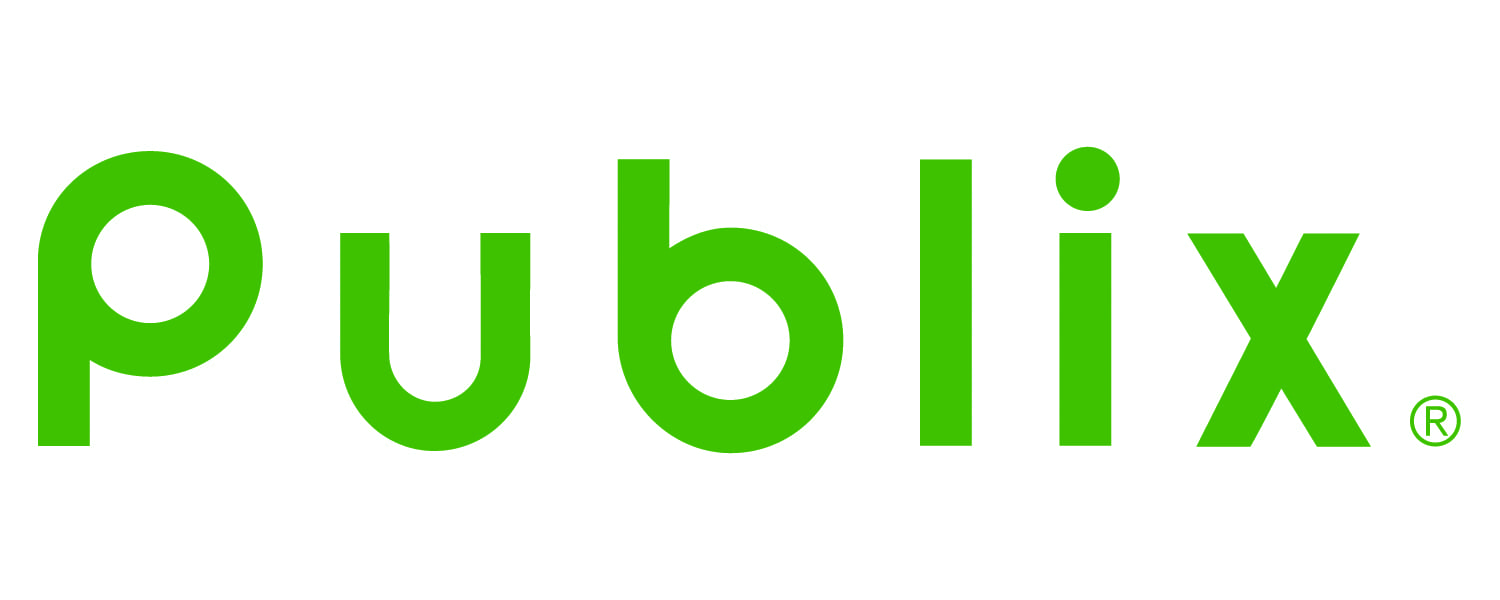






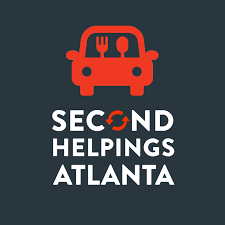
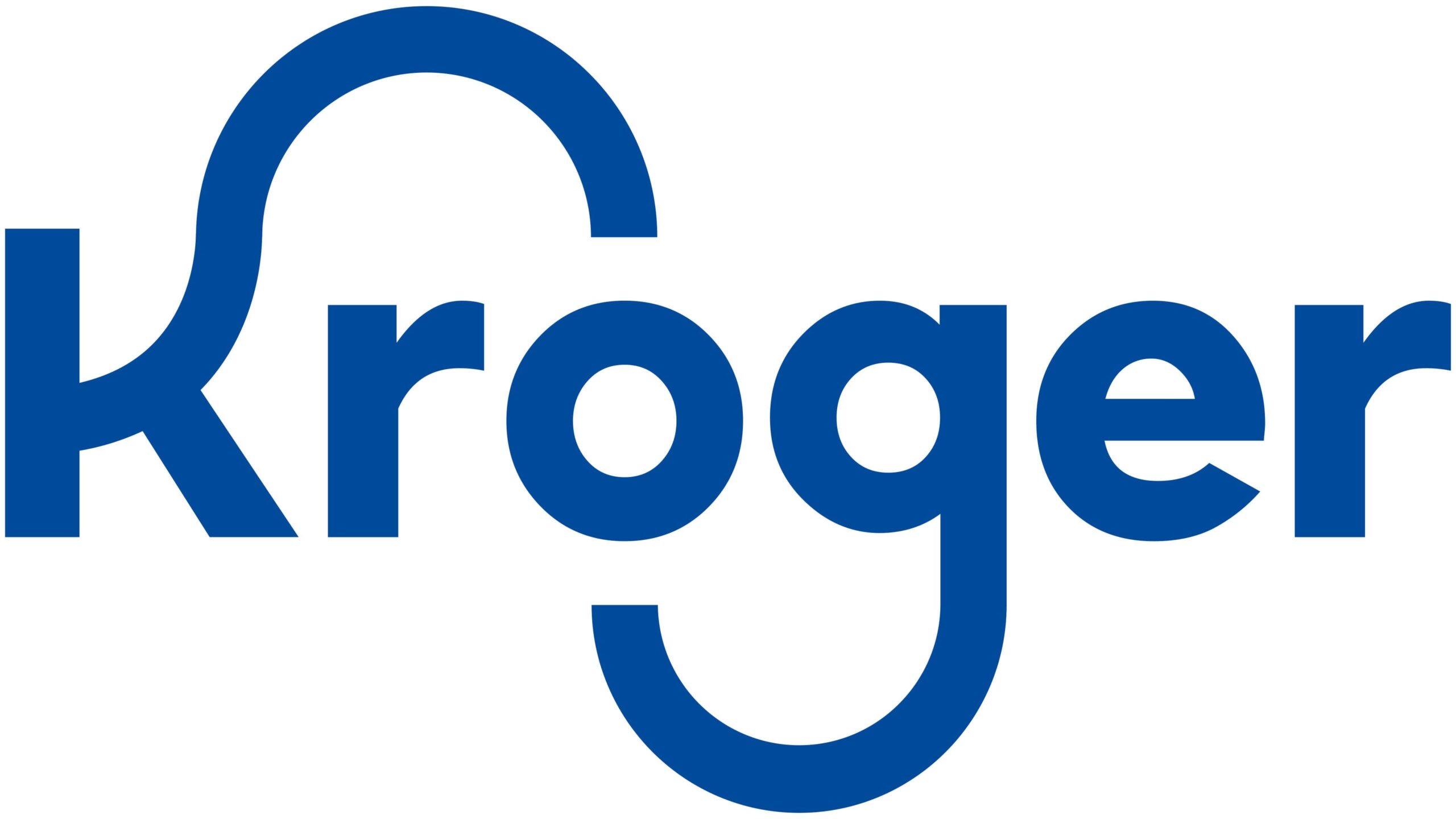

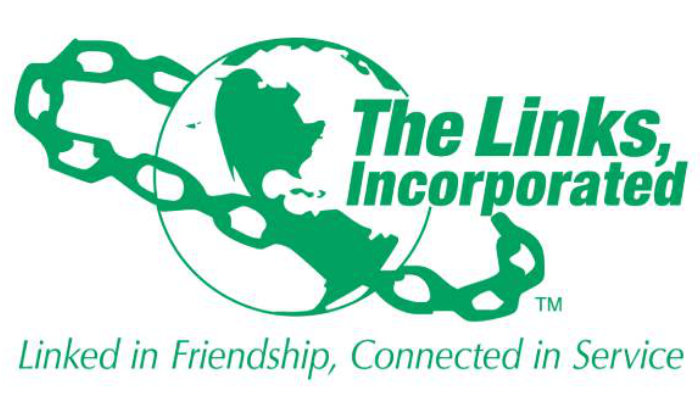
– Lowery Institute Board of Directors
– Sprouts Healthy Communities Foundation
– Nancy Cooke
– Georgia Power Company
– Juliette Amey
– Lloyd & Melissa
– Pierce Scott Satterwhite
– William Josef Foundation
– Mack II, Inc.
– MARTA
– Oprah Winfrey Scholars
– Church of the Incarnation
– Matlock Advertising & Public Relations
– P Three Consulting
– Donata and Michael Ross
– Verizon Wireless
– Vulcan Materials Company Foundation
– Georgia Alliance
– Andrew Young Foundation
– Calvin Smyre
– Cheryl & Yergan Jones
– SHIPT
– Spelman College Social Justice Department
– Morehouse College Bonner Scholars
LOWERY INSTITUTE Staff 5 Board of Directors
– Staff –
Blake Osborne | Director of Programming
Blanche Blackwell Payne | Director of Leadership Development
Kierra M. Wilson | Mimi’s Pantry Manager
– Board Of Directors –
Lolita Browning Jackson
Gwenne Campbell | Treasurer
Imara Canady | Vice Chair
Joshua Dubois
George French Jr. Terrinee Gundy
Cheryl Lowery | President/CEO
Karen Lowery
Kevin Murriel
Blake Osborne
Vicki Palmer
Lloyd Peirce
Wanda Rodwell
Jennifer Rogers-Givens | Secretary
Kijua Sanders-McMurtry | Chair
Scott Satterwhite
Alisha Thomas Searcy
Derek Watkins
Nikema Williams
